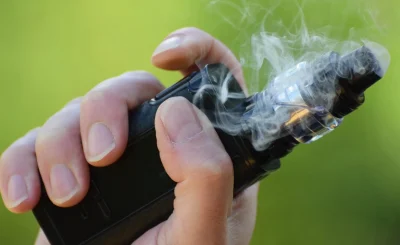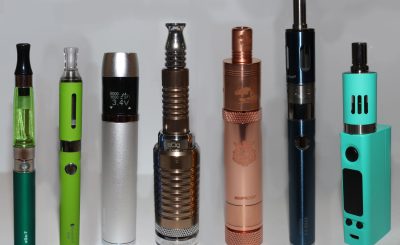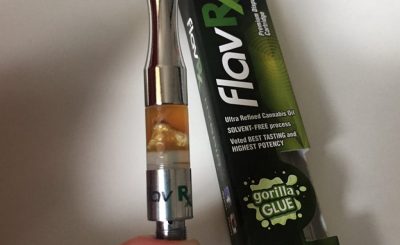In today’s fast-paced world, the allure of electronic cigarettes, or vaping, has captured the attention of many individuals seeking an alternative to traditional smoking. However, amidst the debates surrounding its health implications, one question often overlooked is its potential impact on sleep quality. หัวพอตบุหรี่ไฟฟ้าไม่น่าเป็นเรื่องที่ควรมองข้าม Let’s delve into the relationship between vaping and sleep to uncover whether this modern habit disrupts our sleep cycles.
Understanding Electric Cigarettes
Before exploring the effects of vaping on sleep, it’s essential to understand what electronic cigarettes entail. These devices heat a liquid solution, often containing nicotine, flavorings, and other chemicals, to produce an aerosol vapor that users inhale. Unlike conventional cigarettes, e-cigarettes don’t involve combustion, but they still deliver nicotine and other substances to the user.
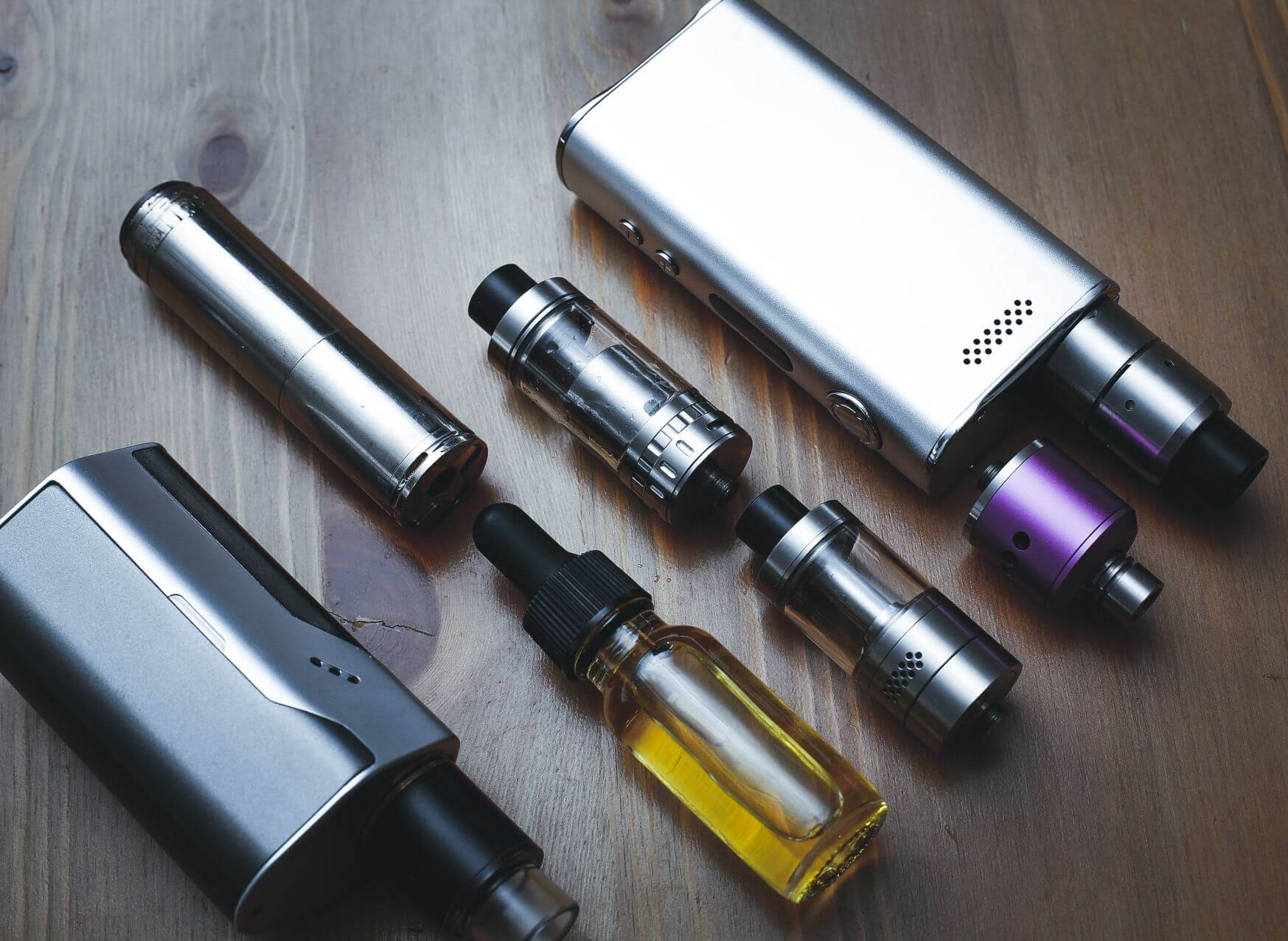
Nicotine’s Influence on Sleep
Nicotine, a primary component in most vaping liquids, is known for its stimulating effects on the body. It acts as a stimulant, increasing heart rate, blood pressure, and alertness. Consequently, consuming nicotine close to bedtime can disrupt the natural onset of sleep and reduce overall sleep quality. Many users report experiencing difficulty falling asleep and fragmented sleep patterns when using nicotine-containing products.
Impact on Circadian Rhythm
The circadian rhythm, our internal biological clock, regulates sleep-wake cycles and various physiological processes. Disruptions to this rhythm, such as those caused by nicotine intake, can lead to sleep disturbances and daytime drowsiness. Vaping before bedtime may interfere with the body’s ability to enter deep, restorative sleep stages, resulting in feelings of fatigue and grogginess upon waking.
Psychological Factors
Beyond the physiological effects, the act of vaping itself may contribute to sleep disturbances through psychological mechanisms. For some individuals, using electronic cigarettes serves as a coping mechanism for stress or anxiety, which can exacerbate sleep-related issues. Additionally, the blue light emitted by vape devices and the stimulation from nicotine may disrupt relaxation and hinder the transition into a restful state.
Research Findings
While research specifically examining the relationship between vaping and sleep is limited, studies on nicotine’s effects provide valuable insights. A study published in the Journal of Sleep Research found that nicotine intake, regardless of the delivery method, was associated with increased sleep latency and decreased sleep efficiency. These findings suggest that vaping, as a nicotine delivery system, could potentially similarly impact sleep to traditional smoking.
Practical Considerations
If you’re a vaper concerned about your sleep quality, consider implementing the following strategies:
- Limit Vaping Before Bed: Avoid using electronic cigarettes or consuming nicotine-containing products at least an hour before bedtime to allow your body to unwind and prepare for sleep.
- Establish a Bedtime Routine: Create a relaxing bedtime routine to signal to your body that it’s time to wind down. Activities such as reading, taking a warm bath, or practicing relaxation techniques can promote better sleep.
- Monitor Your Sleep: Pay attention to how vaping affects your sleep patterns and adjust your habits accordingly. Keeping a sleep diary can help you track any changes in sleep quality and identify potential triggers.
- Seek Support: If you’re struggling to quit vaping or experiencing significant sleep disruptions, consider reaching out to a healthcare professional for guidance and support.
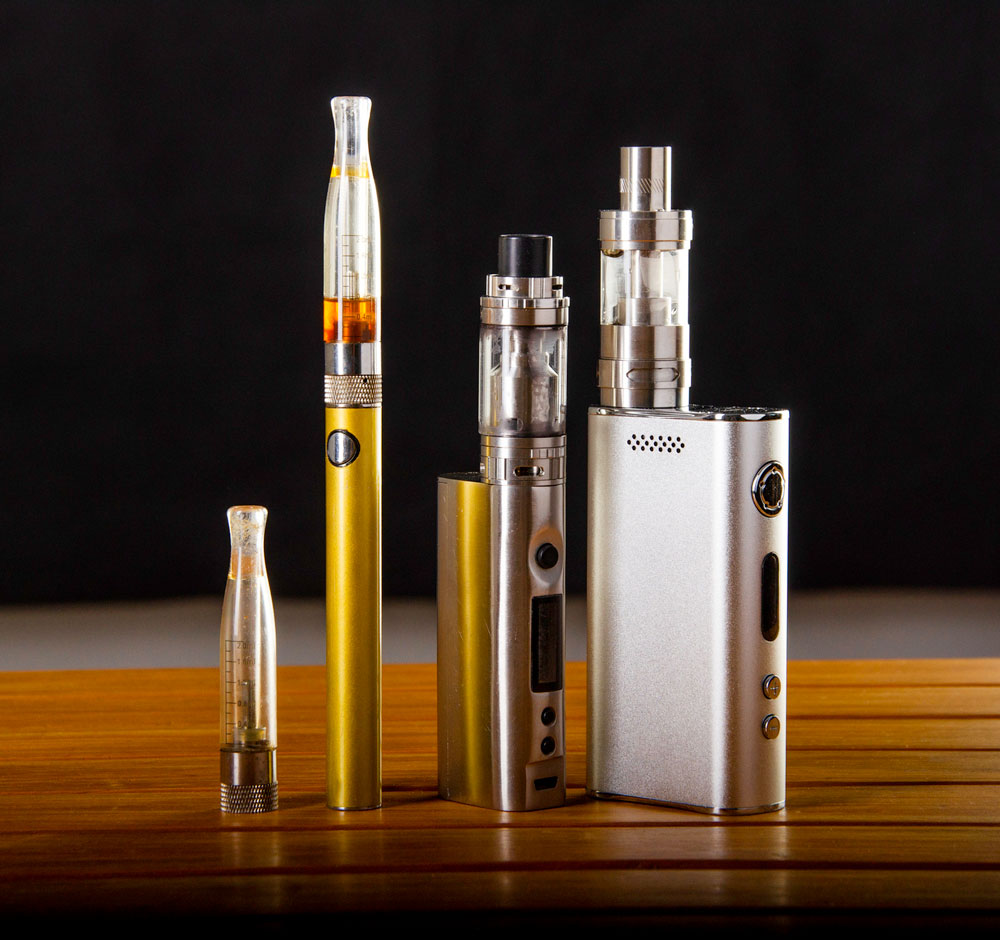
Conclusion
While electronic cigarettes offer a seemingly modern alternative to traditional smoking, their impact on sleep warrants careful consideration. The nicotine content and psychological aspects of vaping can potentially disrupt sleep patterns and compromise overall sleep quality. By understanding these dynamics and implementing proactive measures, individuals can mitigate the potential negative effects of vaping on their sleep health.





